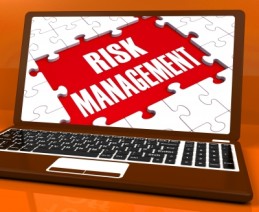


How the University of Iowa Recovered From the ‘Unfathomable’ Flood That Ruined It
From John Schwartz, writing for the New York Times:
Don Guckert’s job is keeping the buildings on the University of Iowa’s charming campus up and running, and safe. His most important lessons came from the worst days of his career, in June 2008, when the waters of the Iowa River washed across the campus, causing catastrophic damage.
The night before the waters flowed over the backbreakingly stacked sandbags, Mr. Guckert recalled, “I walked into the house, and looked at my wife and said, ‘We’re going to lose the campus.’”
In all, the raging waters caused $750 million in flood damage, with $36 million in equipment lost in one building alone. Twenty-two major buildings were damaged, some of them irreparably; a quarter of the school’s classroom space was lost, and one-sixth of the university’s 2.6 million square feet of space was closed. The level of flooding “was unfathomable to those of us who lived through the previous record flood” of 1993, said Rod Lehnertz, the university’s senior vice president for finance and operations.
Now Mr. Guckert has a side gig. He travels the country, telling other institutions what he and the University of Iowa have learned from the disaster, and explaining how others can prepare for the worst. Mr. Guckert said that in a changing world, people might not know what the worst could mean.
In his talks, he presents the lessons he learned from the 2008 flood, with slides titled “Plan for your next disaster, not your last one” and “Plan for Failure (Because Mother Nature Always Wins).”
Climate change is already affecting extreme weather events around the world. Hurricanes are wetter, and wildfires are bigger. And scientists expect conditions to get worse over time.
Little wonder, then, that Mr. Guckert said that his presentations were increasingly in demand: “I’ve gotten more requests in the last five years than the first five.” His audiences are realizing that they have to be prepared for events they haven’t seen before, or even thought were possible.
For the rest, click here.